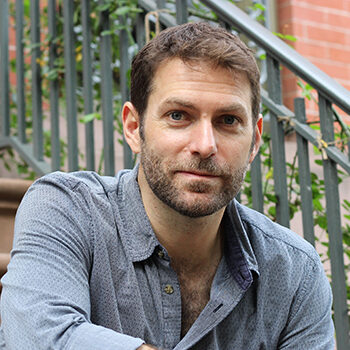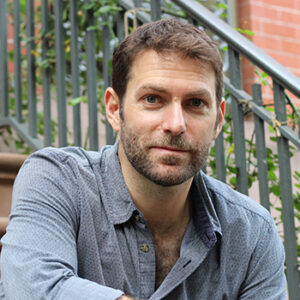I find it helpful to contrast wisdom with intelligence.
The two are obviously related. The two are complementary in a lot of ways, but intelligence involves a kind of a sharpness, and a quickness as a way of working from problems towards solutions. Whereas wisdom is slower, is more patient, and it works in the opposite direction. It’s not finding answers to questions, but rather, you might say, calling the questions themselves into question.
That wisdom is a matter of stepping back and trying to see the bigger picture, to try to see more clearly how a given situation has been framed and asking whether there might not be some other way of framing it of attending to what’s at hand.

And I think both wisdom and intelligence are important. Both have their place. But I think they need to be balanced with one another, and we’re living in a world that I think is heavily skewed in favour of intelligence, over wisdom. We’re living in an age that is quick. That’s fast, that wants easy solutions, easy fixes.
I think it’s maybe telling that there’s a big hullabaloo about artificial intelligence, not so much about artificial wisdom.
And in fact, I think it’s an interesting question whether there could be such a thing as artificial wisdom, that…

And if you look at the kinds of people who seem to be driving our society forward these days, you see the entrepreneurs and the engineers, the ones who are quick, sharp, finding solutions to problems.
But wisdom, as I was saying, has fallen a little bit by the wayside. One way of thinking about wisdom is to see it as a special form of attention, that we’re living in a world that is shaped by what people sometimes call an attention economy. Our online world and much of our offline world is increasingly shaped by companies that are developing increasingly sophisticated techniques to grab and direct our attention in certain ways, and to satisfy our attention by giving us something that we want giving us something that excites us, that stimulates us, that evokes outrage or love or laughter, gets our feelings all stirred up.
And wisdom requires a kind of attention that is slower and that is more patient and one that’s detached from the needs of the ego, the demands of the ego.

And so it does require a kind of a patience and a kind of self effacement that everything in the attention economy is working to counteract. And so I think in a time like this, the need to cultivate wisdom is all the more important and also all the more difficult.
Curious to find out more ?
David Egan, online philosophy teacher and author of numerous articles and essays on philosophy, will share his view on the role of wisdom and how it finds expression in the contemporary world. He will be joined in conversation with Laurence Freeman OSB on 3rd April for the online talk On Wisdom.





